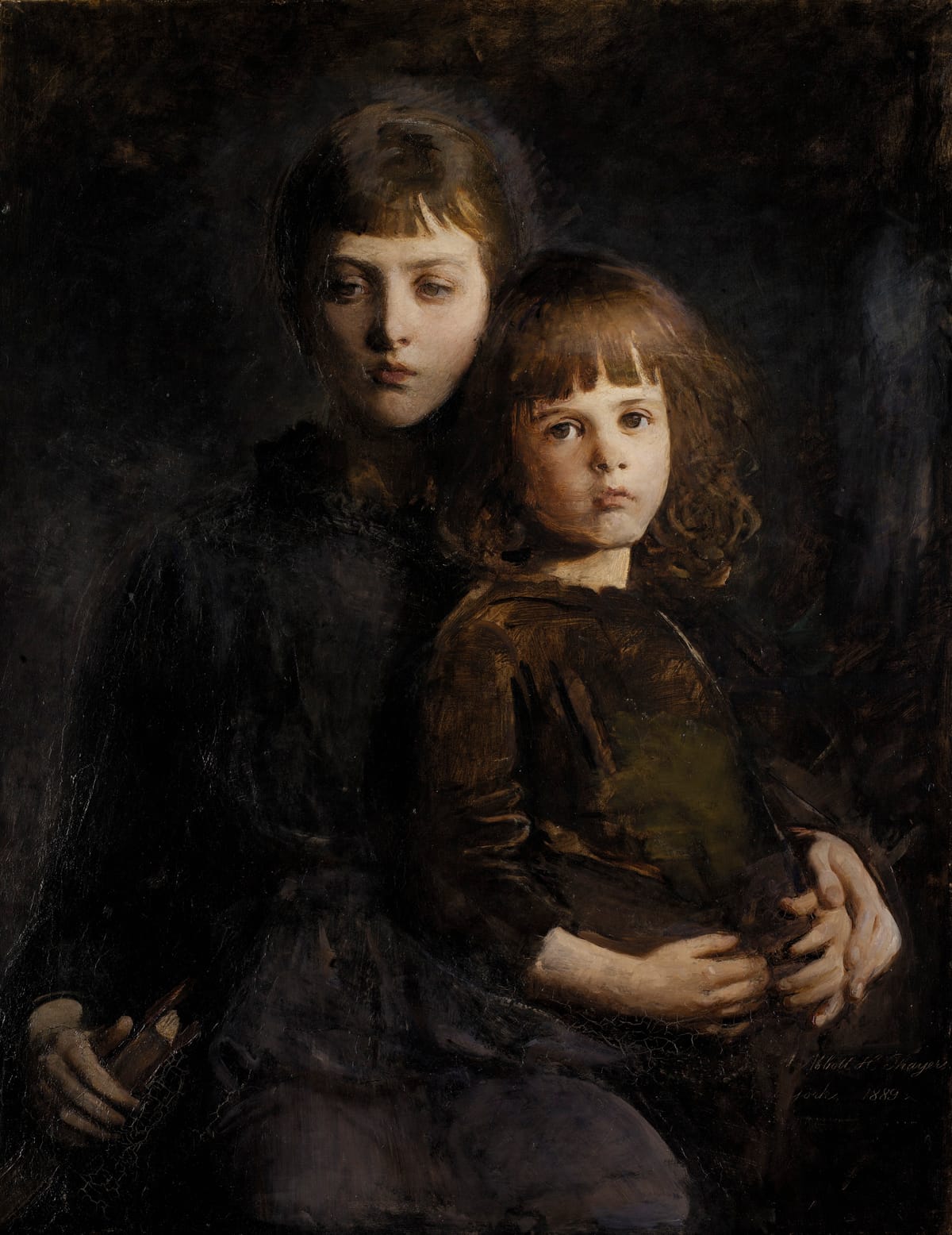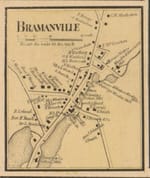I originally published this in May of 2021. Not much has changed in terms of public perception of the issue, and while I have my moments, I'm still doing okay enough.
You probably think I have it together. I’ve got a great family, I’m active in the community, I’m employed. I keep busy, watch movies, read books. I put around 1,000 words into this very newspaper every week.
Point being, I likely look like your standard, normal, busy adult. It’s not true.
A friend of mine referred to me as a “cinnamon roll” last year. The term is endearing and is not an indirect attack on my pandemic weight gain; it functionally describes a good, kind character who undergoes some form of emotional trauma or distress. The reality is I’m not really okay. It’s gotten better (and more on that in a moment), but I struggle with depression, which then feeds my anxiety, which then feeds my obsessive compulsive disorder, and life can get rough.
May is National Mental Health Awareness Month, and while I don’t always like to center this column solely on me, I think it’s important to give an example of what depression looks like. If you base it on media representation, you would believe all depressed people struggle to get out of bed, can’t have rich relationships, don’t achieve much in life. While many of those with depression and mental illness have that experience, more often than not it’s like a silent, solitary struggle as they push through their waking moments and attempt to keep up with their responsibilities.
I know when I started recognizing that I was “depressed,” even though I didn’t have the words for it: the end of fifth grade. I remember the despondent feeling, the question of why I even bothered to do anything, what the whole point of it was. This nihilism fed into my friendships, my grades, my once-pleasurable activities. I started doing things more because I should, not because it brought me joy.
Through high school, acne medication I was on made it worse. That’s when I learned what suicidal ideation was. I didn’t worry about it too much - after all, suicidal thoughts were a side effect of Accutane, and I wasn’t going to act on it anyway, right? Instead, I withdrew. Struggled with friendships. Slacked off with my schoolwork. I was moderately successful with music and theater activities, but a lot of it, I would later realize, was a way to distract myself from how I was feeling.
College came around, and, in retrospect, I have no clue how I pulled it off. I overloaded on classes and ran myself sick more than a few times. But I wore bright shirts and interesting hats and wasn’t afraid of being on a stage, so clearly I was fine, right? A friend who let me sleep in their dorm room following a particularly brutal anxiety attack knew otherwise, but I figured it was normal. People sometimes cry uncontrollably over things, right?
This struggle persists through adulthood. Even today, I struggle to concentrate, I have difficulty with open-ended projects, and it’s difficult for me to get motivated. I read into almost every social interaction, and I’m bad at things like texting or emailing people. My friends are so, so, so understanding, but it doesn’t make it right. I tried therapy a few times, but it’s only in the last 18 months (prompted by my having a full-blown panic attack at my former place of employment) that I went the medication route. Now I take some generic Zoloft and Remeron, and I’m a little more evened out. I still have my sad days, I still struggle, but I’m not consumed by it anymore. Modern medicine restored some semblance of consistency in my life, and the energy (both physical and mental) I spent trying not to be sad now goes toward projects and pursuits that bring me happiness, rather than doing something because it helps me disassociate.
There’s a saying out there that says “depression lies.” People refer to it more because of the helplessness many people feel when they reach the point of suicidal thoughts, but it also lies when it tells you that you’re not good enough. When it tells you everyone’s just play-acting instead of genuinely interested in your friendship. When it tells you that you’re not worthy of love, of a stable job, of a family. That, when rare events happen that shake your foundations, they are the norm and not the exception.
But what is depression in practice? Depression is thinking that one minor mistake you made at work will get you fired.
Depression is your wife telling you she loves you unconditionally, and occasionally having to convince yourself to believe it.
Depression is being exhausted by the sheer act of living, and feeling worse about yourself because you don’t have the energy for your kid.
Depression is also feeling bad about your own depression because you know people who have it worse, and so you should just buck up, but you can’t.
I’m telling my story this week because medicine helped. Talking about it helped. It’s given me some overdue perspective, and gave me the understanding that people are going through their own stuff too, and maybe cut them a little slack.
That a little grace goes a long way.
If you’re depressed, you’re not alone. If you’re not depressed, take a moment before passing judgement, as someone you love or work with might be struggling. If you can, lend an ear. If you’re comfortable, see if you can help - sometimes simply being present is enough, and maybe it will be for someone you love, too.
And, most of all, don’t worry if you, too, are a cinnamon roll who may have gotten a little too doughy.
If you’re reading this and you’re in a really dark place, the National Suicide Hotline is 1-800-273-8255. If you just need someone to talk to, my email address is below. I’d be happy to lend an ear. And if someone you love or care about seems absent? Check in on them. You might literally save their life.
Jeff Raymond is a 40-plus-year resident of Millbury. On a scale of one to Plath he’s like a four.


Member discussion: